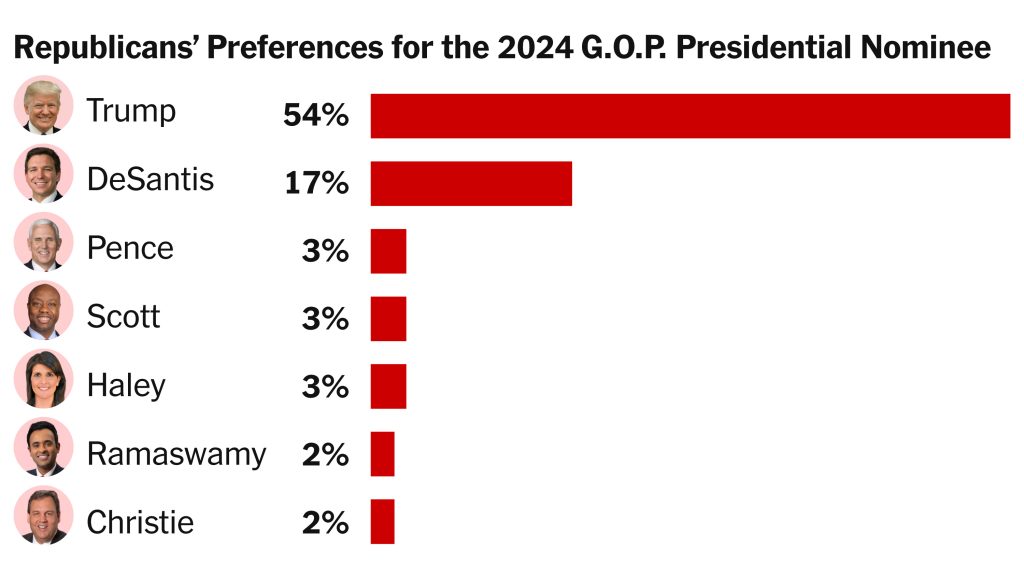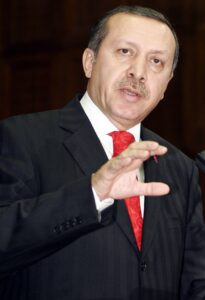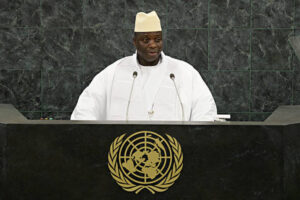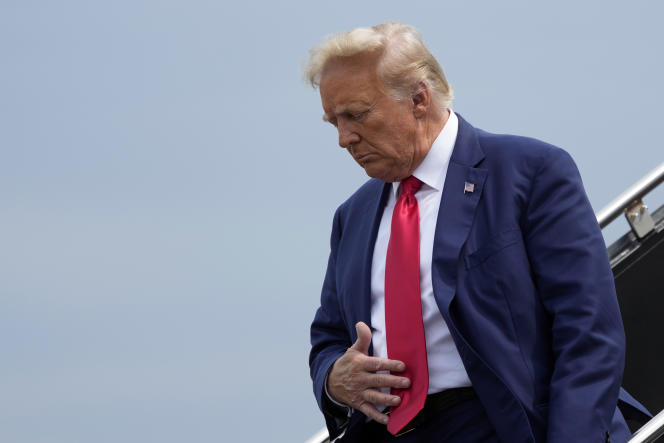Special prosecutor Jack Smith in charge of the case told the press on August 1st, that the former president was facing four charges: « conspiracy against the U.S. state », « interference with election rights », as well as « conspiracy » and « obstruction of an official proceeding”. In the 45-page document, Jack Smith accuses Donald Trump of « spreading lies that there had been fraud decisive to the outcome of the election and that he had in fact won ». The prosecutor adds that, at the time, the former President knew that these « assertions » were « false ». During the hearing on Thursday, August 3, Jack Smith set out the charges, specifying the maximum sentences of fifty years in total. To the prosecutor’s question « How does Donald Trump plead? », the former president stood up and replied, « Not guilty ».
For the respected newspaper The New York Times, this third indictment could have consequences for American democracy. The case raises the viability of a founding pillar of American democracy: the peaceful transfer of power through elections. The newspaper points out that this is the first time a president has attempted to interfere with the transfer of power (established in the Constitution of 1787), leading to the invasion of the capitol on January 6, 2020. Other newspapers refute the « criminal » nature of Donald Trump’s actions after his defeat in 2020, such as The Wall Street Journal in its editorial. « The indictment relates in detail Trump’s deceptions, but that doesn’t mean they constitute criminal fraud, » explains the conservative National Review.
Donald Trump reacted swiftly after the publication of the indictment, accusing « Deranged Jack Smith » on his Truth Social network of « interfering with the Presidential Election of 2024 » by « putting out yet another Fake Indictment ». The former president referred to him as a « political opponent » in a statement to the press for his hearing in Washington on Thursday. His campaign team compared the affair to the « persecutions » of « Nazi Germany in the 1930s » and “the former Soviet Union ».

New York Times/Siena College poll of the likely electorate in the Republican primary, conducted July 23-27, 2023, By Ashley Wu
This new judicial episode for the former president adds to two other ongoing cases. In August 2022, a search of Donald Trump’s residence at Mar-a-Lago (Florida) revealed that the he had illegally kept classified documents. After pleading not guilty in June to the charges against him, the trial will now have to take place against the backdrop of the presidential election. In addition to this, in March 2023, Donald Trump was finally indicted by a grand jury in a New York court for the payment of Stormy Daniels, an X-rated actress in 2016. A transfer of $130,000 was allegedly made to keep quiet about an extramarital affair ten years earlier. Finally, he is still waiting for a possible indictment by the Georgia state prosecutor for tampering with election results in that state.
Despite the various court cases, Donald Trump’s electorate remains loyal, as shown by the recent New York Times poll in collaboration with Siena College. The former President is at 54% of voting intention for the Republican primaries, far ahead of Ron DeSantis at just 17%. Furthermore, several analyses reveal that Donald Trump is gaining points in the polls at every new court case. Asked about his possible conviction, the Republican front-runner said he would continue campaigning even if condemned.










